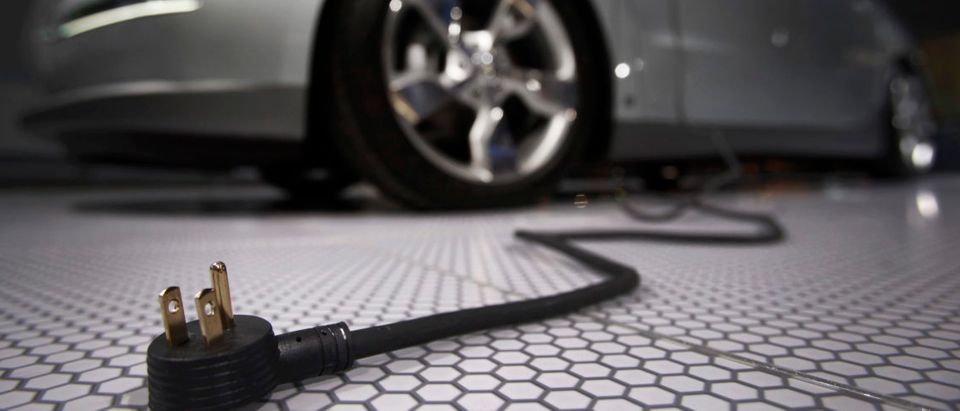Another report indicates electric vehicle ownership is mostly confined to the country’s highest income earners, further calling into question the validity of government subsidies for EVs.
On Tuesday, the Energy Information Administration released its analysis of EV ownership in the U.S., breaking down the percentage by household income. The EIA’s findings confirmed what has been a long-held criticism of zero-emission vehicles: they aren’t very popular, and only rich people can afford them. According to EIA, households with incomes of at least six figures make up nearly 70 percent of all EV purchases.
“About one-third of all households have annual incomes higher than $100,000,” the study noted. “However, about two-thirds of households with [battery electric vehicles] or [plug-in hybrid electric vehicles] have incomes higher than $100,000. Households with annual incomes lower than $25,000 account for about 16 percent of all households but about three percent of BEV- and PHEV-owning households.” (RELATED: Report: Costly Electric Vehicles Hardly Do Anything To Help The Environment)
Growth in the electric vehicle market has been tepid, despite numerous subsidies aimed to alleviate their costs, the study also noted.
“From 2012 through 2017, electrified vehicles consistently accounted for between 2.5 percent and 4.0 percent of total light-duty vehicle sales, even as the number of available models increased from 58 to 95,” EIA wrote. “Initial purchase prices for many electrified vehicles remain relatively high, especially for several PHEV and BEV models, despite federal and state incentives.”
EIA’s study shines more light on the implementation of subsidy programs meant to boost EV sales. Americans can enjoy federal tax credits and numerous state-level benefits, according to Plug In America — a nonprofit organization that promotes the use of electric cars. However, most low-income Americans are still unable to purchase these zero-emissions vehicles, even with subsidized rates. The end result is an unintended process where rich people are purchasing subsided vehicles partially paid for off the backs of all taxpayers.
“Wealthy consumers who have purchased Teslas and Chevy Bolts primarily to signal their green bona fides for their friends and neighbors, and who have socialized many of the costs of their purchases to those who are less well-off, might wish to take a closer look at the numbers,” wrote Jonathan Lesser, the president of Continental Economics and author of a May 15 study that called into question the environmental benefits of EVs. “Their hands may not be quite so clean as they believe.”
Follow Jason on Twitter.
All content created by the Daily Caller News Foundation, an independent and nonpartisan newswire service, is available without charge to any legitimate news publisher that can provide a large audience. All republished articles must include our logo, our reporter’s byline and their DCNF affiliation. For any questions about our guidelines or partnering with us, please contact licensing@dailycallernewsfoundation.org.


